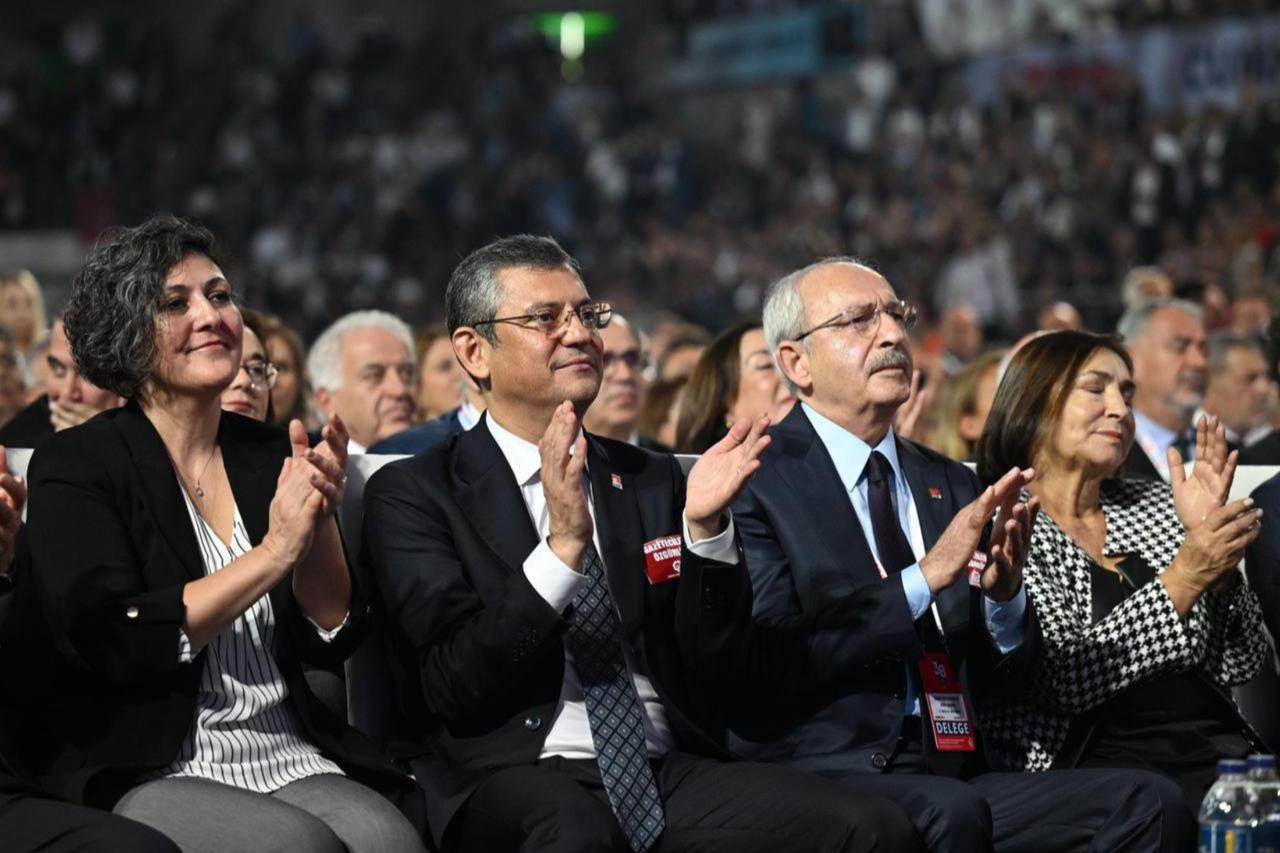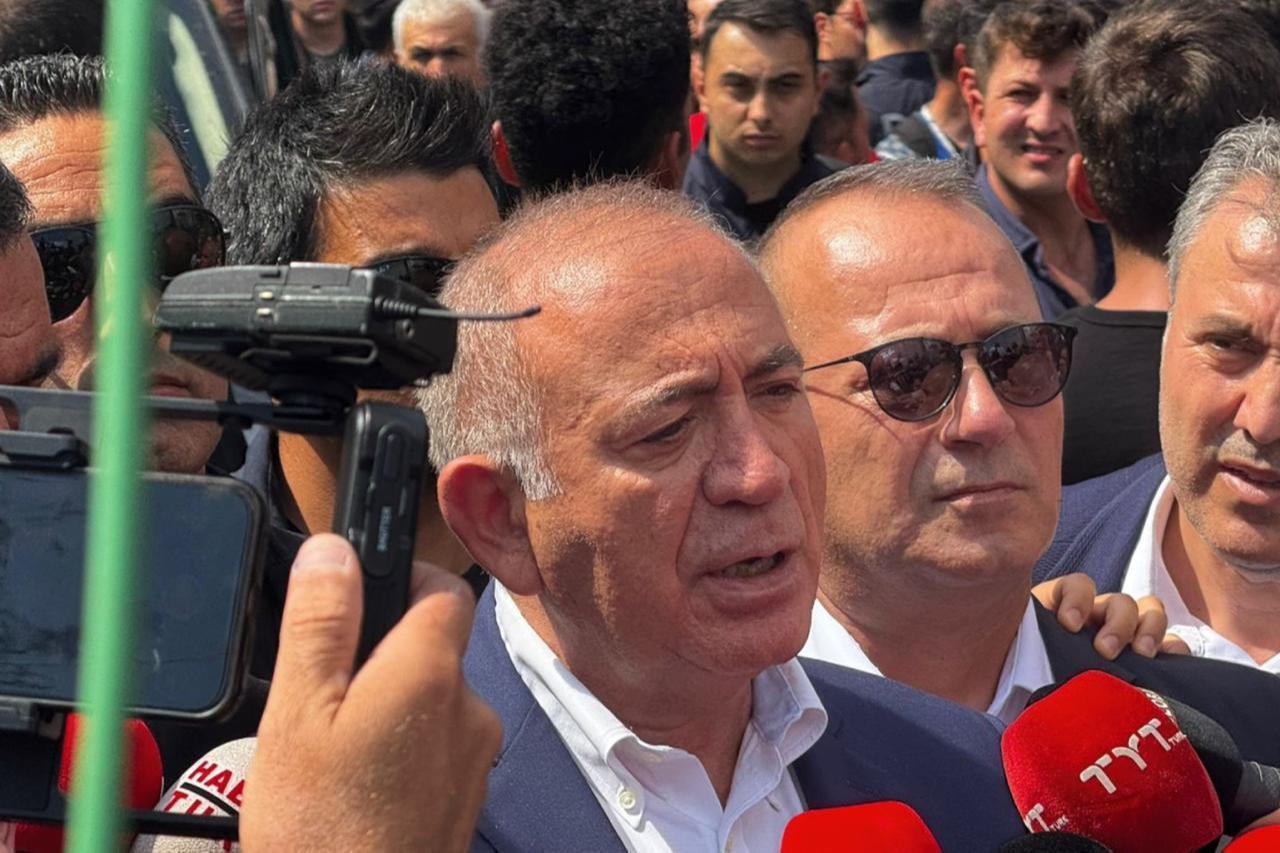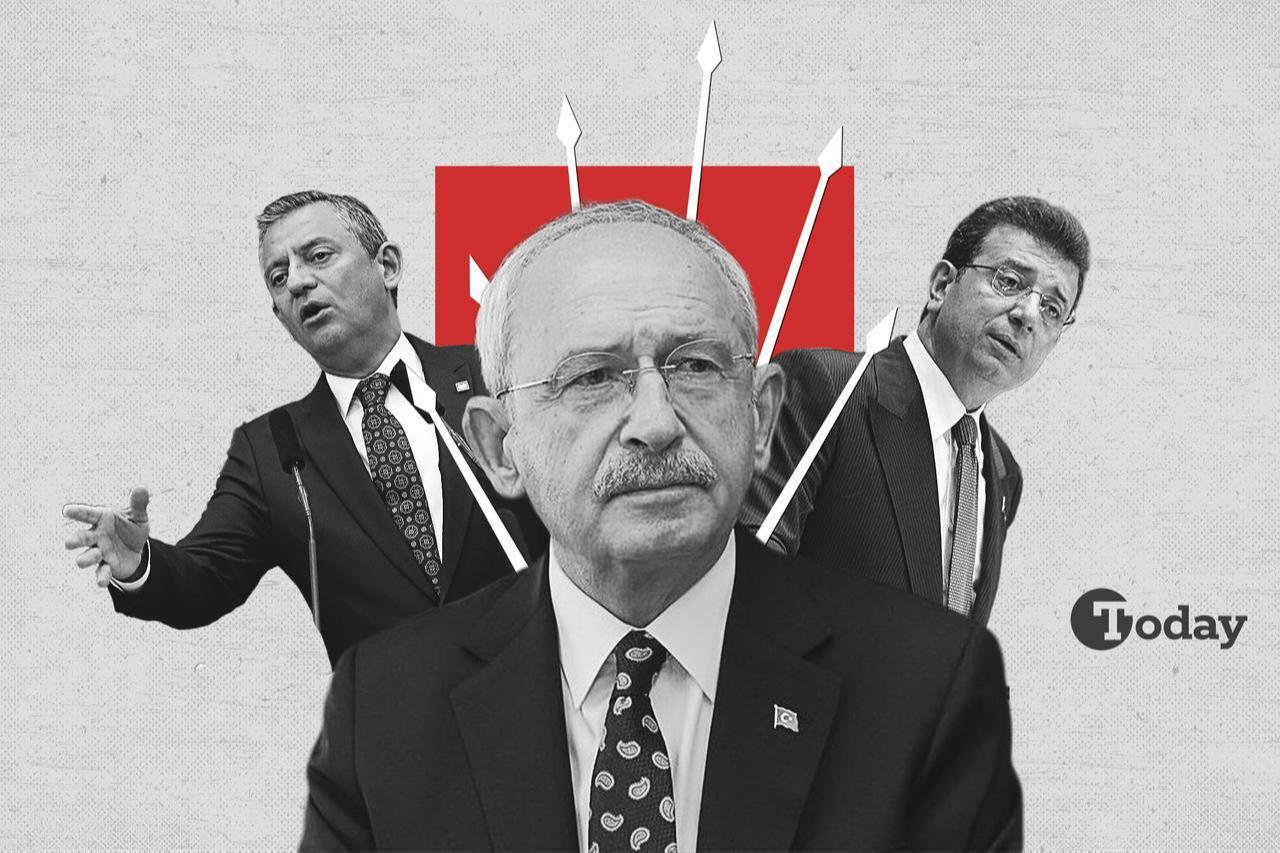
The Republican People’s Party (CHP), Türkiye’s main opposition, is heading into a turbulent period as a court in Ankara prepares to rule on the validity of its 38th Ordinary Congress.
The next hearing on Sept. 15 could deliver a decision that reshapes the party’s leadership.
If the court annuls the congress, it would invalidate the leadership transition that saw Ozgur Ozel replace longtime leader Kemal Kilicdaroglu.
Such a ruling could pave the way for Kilicdaroglu’s return to the helm of the party, reversing a leadership change that took place less than a year ago.
The possibility has already fueled speculation about fresh divisions and a potential reconfiguration of power within CHP, and there is speculation about what Kilicdaroglu and his team of close advisors will do.

The uncertainty is compounded by another pending legal case: the annulment lawsuit concerning CHP’s Istanbul provincial congress held in October 2023. If the Istanbul Chief Public Prosecutor’s Office rules to invalidate that provincial congress, the consequences could ripple into the national stage.
In that scenario, the 195 delegates from CHP Istanbul might be excluded from a new extraordinary congress. Since Istanbul represents one of CHP’s largest and most influential delegations, their absence would alter the balance of power inside the party and potentially tilt the outcome in favor of Kilicdaroglu.
This risk has been widely noted in party circles as a potential game-changer in the leadership struggle.
A ruling of “absolute nullity”—which would render the congress legally nonexistent—would carry profound consequences. Ozel would no longer be recognized as the party leader, and all decisions made under his authority could be considered invalid.
This interpretation is favored by Kilicdaroglu’s allies, who argue that the party’s bylaws leave little room for ambiguity in such a scenario.
For Kilicdaroglu, a return to the chairmanship would be technically possible. Yet this would also set in motion a fresh congress process.
Within CHP, there is an assessment that if the former leader were to return, the timeline for holding a new congress could be extended by as much as one year.
The current leadership is concerned that such a delay could effectively allow the rival faction to attempt to design its own delegates.
To hedge against these risks, CHP has adopted a two-track approach. The leadership has already initiated the calendar for the next ordinary congress while also calling, through delegate signatures, for an extraordinary congress on Sept. 21.
This approach aims to ensure a path forward regardless of the court’s ruling on the 38th Congress.
Ozel has stated that even if a trustee were to be imposed on September 15, such an arrangement would only last six days before delegates reassert their authority through the extraordinary congress. Yet Kilicdaroglu’s camp argues that if the court rules for absolute nullity, Ozel would lose his legitimacy and lack the authority to call such a meeting, creating a potential legal vacuum.

The debate over whether the Sept. 21 extraordinary congress can proceed is at the heart of the current standoff. Kilicdaroglu’s supporters stress that annulment would strip Ozel of his leadership powers, making any decisions under his name invalid.
CHP’s legal advisers counter this by underlining that the initiative for Sept. 21 came directly from delegates, not from Ozel. That distinction, they argue, insulates the Congress from challenges and gives it a stronger legal foundation.
Still, the possibility of overlapping legal challenges—from the annulment of the 38th congress to the fate of Istanbul’s provincial delegates—creates multiple scenarios, each with its own risks.
For a party already divided along generational and ideological lines, the outcome could deepen factional rivalries rather than resolve them.
Kilicdaroglu, according to media circles close to the party, would assume the party leadership the moment a ruling in his favor is issued.
Reports also suggest he plans to wait for tensions to cool before physically entering party headquarters.
His entourage is said to be preparing for a period of about a year in control, with the expectation that the CHP would eventually be led back to a new congress once the internal turbulence subsides.
In Ankara, political circles report that Kilicdaroglu’s supporters have already begun making moves, lobbying lawmakers about potential new roles they could take if he returns.
His office remains active, with expenses reportedly covered by former mayors and ex-MPs, signaling that preparations for a possible leadership shift are already underway.
This combination of legal uncertainty, organizational disputes, and behind-the-scenes maneuvering makes the Sept. 15 ruling far more than a procedural matter.
It could reopen one of the most significant leadership questions in Turkish opposition politics: whether CHP moves forward with Ozel’s generational change or reverts to the long-standing figure of Kilicdaroglu.